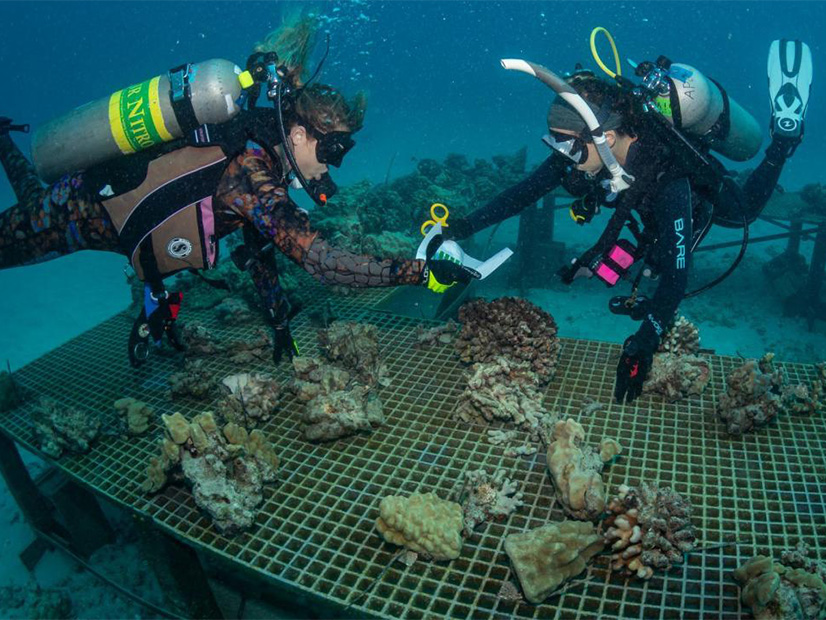
Facebook founder Mark Zuckerberg and his wife Dr. Priscilla Chan have pledged to donate $50 million to the University of Hawaii’s School of Ocean and Earth Science and Technology (SOEST), the university said last week.
The seven-year funding commitment will go to two departments within SOEST, the Hawaii Institute of Marine Biology (HIMB) and the Department of Oceanography, to fund research on climate change impacts and mitigation efforts in Hawaiian coastal waters.
“Hawaii has one of the richest marine ecosystems in the world, and having a deeper understanding of this ecosystem is the key to preserving and protecting it,” Zuckerberg and Chan said in a statement.
The funds will go to programs that focus on climate change impacts, coral reef restoration, ocean acidification prevention, conservation of large predators, resource management via indigenous means and community partnership growth, Marcie Grabowski, SOEST outreach coordinator, told NetZero Insider.
The research will be spearheaded by mature programs and initiatives that have already made significant contributions in ocean conservation and marine ecosystem knowledge, Grabowski said. “The gift is aimed at amplifying and expanding those efforts.”
More specifically, the research will:
- more clearly define the extent of climate change impacts in Hawaiian coastal waters;
- increase the accuracy of climate change forecasting for ocean conditions;
- increase climate change resilience in coral reef ecosystems;
- improve the understanding of shark behavior to help in their protection and conservation;
- improve outreach efforts to inform the public and policy makers on research findings;
- train the next generation of ocean scientists; and
- revive indigenous resource management practices.
Although no new programs are slated to be created, the funds will pay for acquisition of “saildrones,” sailing vehicles that can gather oceanographic data autonomously. The solar- and wind-powered saildrones will be used to collect data to strengthen computer models for climate change forecasting.
Grabowski noted that the $50 million will not be used to explore efforts to specifically reverse climate change, instead focusing on data collection, mitigation and resilience.
HIMB Director Eleanor Sterling said that “this generous gift is a wonderful opportunity to support much needed interdisciplinary work that will help us to better understand ocean systems and indigenous management strategies and to develop effective approaches for ocean conservation.”
Interim SOEST Dean Chip Fletcher pointed to the increased public and governmental outreach efforts made possible by the grant.
“Through internships, mentoring, community engagement efforts and graduate research fellowships, we will grow our pool of scholars, policymakers and conservationists from underrepresented communities around our state,” Fletcher said.


